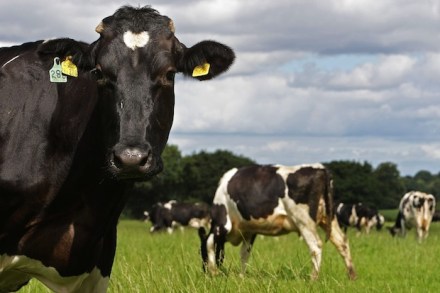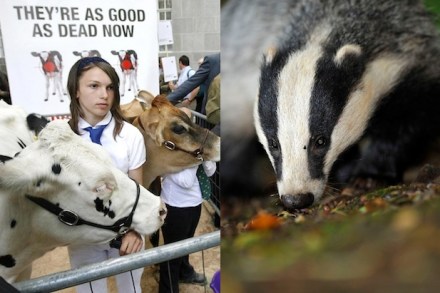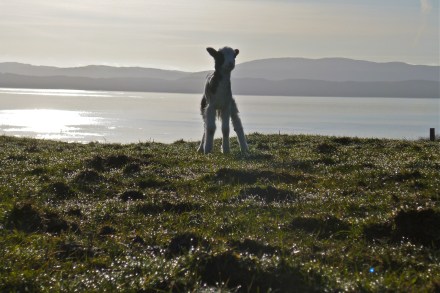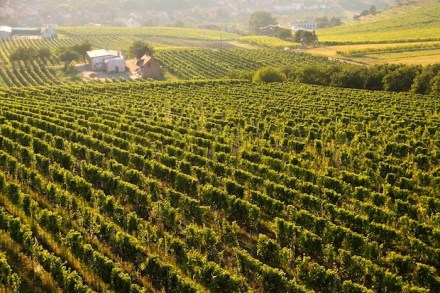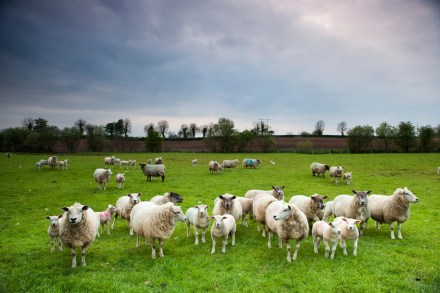Prue Leith’s diary: I want to be green, but I’ve got some flights to take first…
‘Please God, make me good, but not yet.’ I know the feeling. As I get older and more deeply retired, I globe-trot more and my carbon footprint is horrendous. And guilt does not result in abstinence. The brain is persuaded but the flesh is weak. Years ago I chaired Jonathon Porritt’s sustainability organisation, Forum for the Future, and I remember holding a fund-raising dinner for rich Cotswolders and hoping no one would notice my gas-guzzling old car, toasty warm house, and melon with more air-miles than flavour. I’ve tried harder since then, but it’s not easy. A couple of years ago I converted my ancient barn into an eco-friendly house



